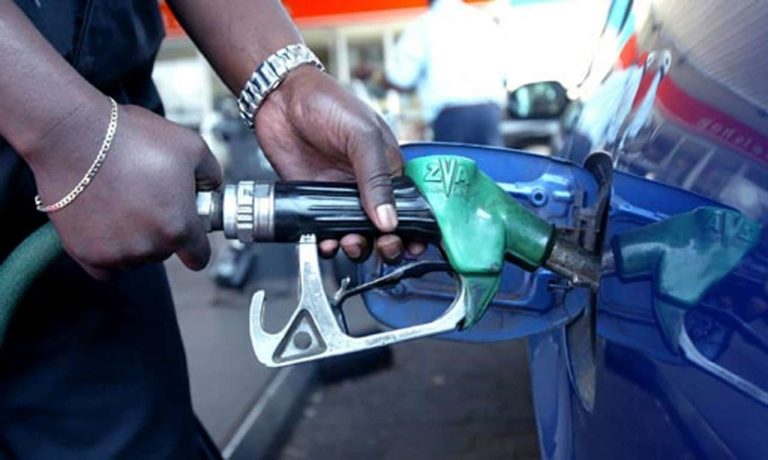
Nigeria spends almost twice as much on fuel subsidies (around USD 3.9 billion) as it does on health care. These incentives come with a high price, though, including less equitable resource distribution, pollution, traffic, and climate change. According to a recent survey, people who pay more or have less access to fuel are more in favor of subsidy reform. Reform is fiercely opposed by people who think the government is corrupt or incapable of carrying out compensation plans. Acceptance of change is further enhanced by reasonable national and local services as well as religious beliefs. According to the study, creating a social contract is essential for reform to be successful.
In the thought-provoking documentary, Fueling Poverty, filmmaker Ishaya Bako delves into the intricate web of corruption and greed within Nigeria’s government, specifically focusing on the Fuel Subsidy Scam of 2011. Supported by funding from the Open Society Initiative for West Africa, the documentary, produced in 2012, employs a multilingual approach to underscore the urgency of making its narrative widely accessible.
Exploring Corruption and Scandal
Register for Tekedia Mini-MBA edition 19 (Feb 9 – May 2, 2026): big discounts for early bird.
Tekedia AI in Business Masterclass opens registrations.
Join Tekedia Capital Syndicate and co-invest in great global startups.
Register for Tekedia AI Lab: From Technical Design to Deployment (next edition begins Jan 24 2026).
The documentary scrutinizes the introduction of a fuel subsidy ostensibly aimed at maintaining low fuel prices but raises poignant questions about the financial aspects of this subsidy and the longstanding scandal dating back to 1986. Bako utilizes diverse approaches, including expository, observational, reflexive, and participatory techniques, to unravel, persuade, and analyze the intricacies of the subsidy and its consequences.
Cinematic Techniques
Bako employs a carefully crafted visual narrative, opening with a sonorous musical score and sweeping aerial shots of Lagos, setting the stage for a detailed exploration. Cinematographic techniques such as extreme long shots and medium-close shots accentuate the gravity of the themes. The intermittent use of these shots, combined with diegetic sound, establishes a compelling compositional structure, aligning with established documentary filmmaking principles.
Human Perspective and Expert Voices
The documentary strategically integrates perspectives from different strata of society. Nobel laureate Professor Wole Soyinka becomes a powerful voice, presented with various shot types to evoke empathy and authenticity. The inclusion of clips from newspapers and the introduction of a human rights activist enhances the documentary’s credibility, although the challenge of perceptual realism versus representational realism remains a nuanced aspect.
Economic Realities and Dilemmas
Participants share their experiences of economic hardships, reinforcing the narrative with medium-close and big close-up shots. The curator navigates the complexities of presenting diverse voices, acknowledging potential biases and the challenge of distinguishing facts from ideological narratives. The incorporation of a budget estimate and the curator’s personal voice adds depth to the analysis, revealing the economic consequences of the subsidy.
Visualizing Realities
Bako employs animated scenes and varied shots of Nigeria’s landscapes to emphasize the tangible suffering caused by the subsidy. The juxtaposition of natural scenes and a debate platform featuring government officials aims to bridge potential biases, providing a multifaceted perspective on economic challenges. The cinematic point of view serves as a powerful tool in authentically presenting the harsh realities faced by citizens.
In this expository-participatory genre, Fueling Poverty transcends its role as a mere documentary, emerging as a poignant critique of political leaders’ failure to alleviate economic hardships since 1986. Bako’s adept use of cinematic techniques and diverse voices contributes to a compelling narrative that not only exposes corruption but also ignites a crucial conversation about the impact of the fuel subsidy scam on Nigeria’s socio-economic landscape.



